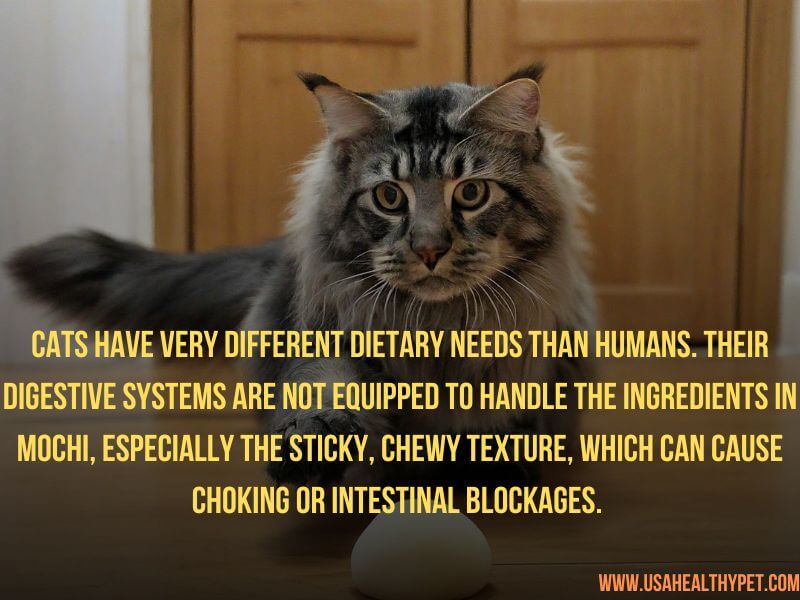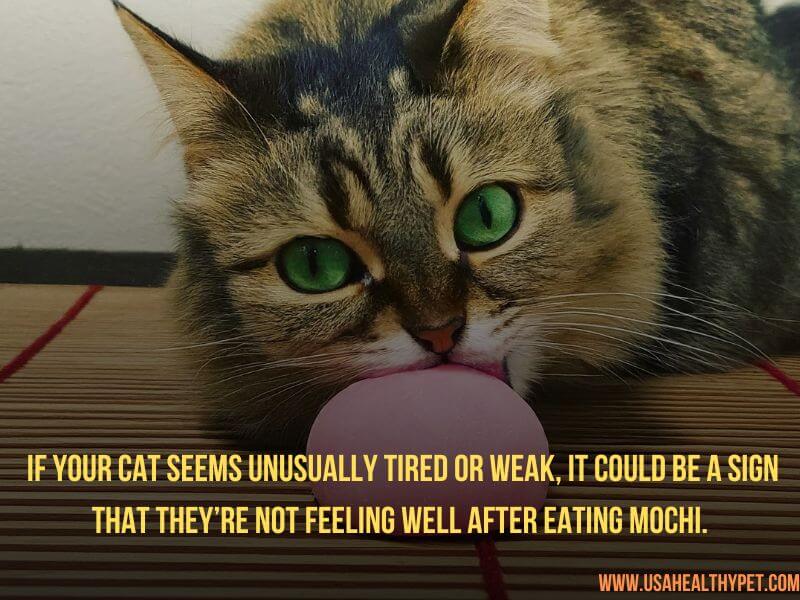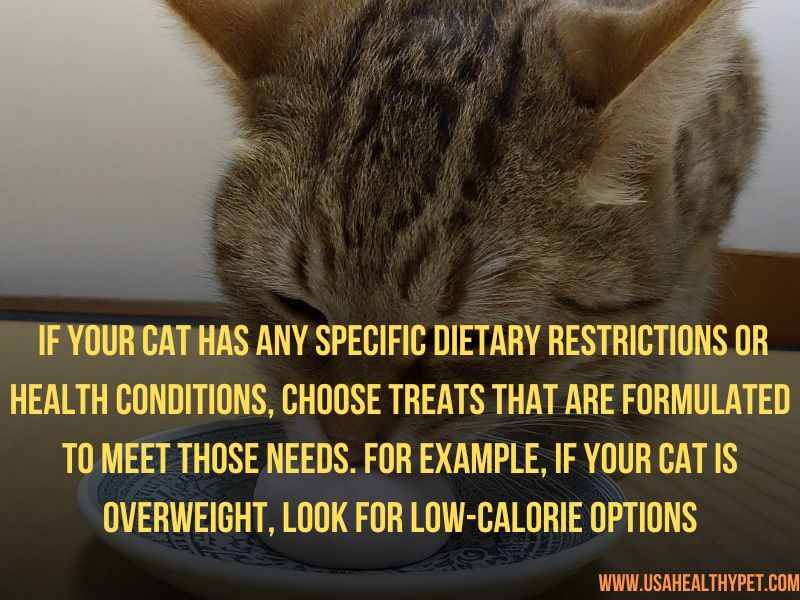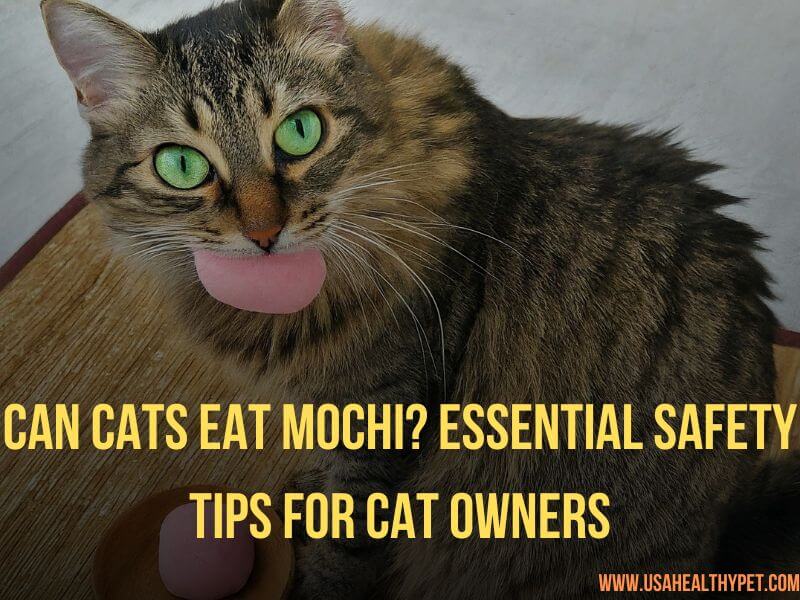Can cats eat mochi? The short answer is no, cats shouldn’t eat mochi. While it might seem harmless to let your cat nibble on this sticky Japanese dessert, mochi poses several risks to your cat’s health.
In this article, we’ll explore why mochi is off-limits for cats, discuss the ingredients in mochi, and delve into what happens if your cat accidentally eats some.
We’ll also provide expert opinions and safe alternatives to keep your kitty happy and healthy.
- Why Mochi is Not Safe for Cats
- What to Do if Your Cat Eats Mochi
- Safe Treats for Cats
- How to Keep Your Cat Away from Human Foods
- The Importance of a Cat’s Diet
- Common Human Foods That Are Harmful to Cats
- Understanding Your Cat’s Nutritional Needs
- Alternatives to Mochi for Cats
- How to Choose Safe Cat Treats
- Conclusion
- FAQs
Why Mochi is Not Safe for Cats
Cats have very different dietary needs than humans. Their digestive systems are not equipped to handle the ingredients in mochi, especially the sticky, chewy texture, which can cause choking or intestinal blockages.
Additionally, mochi is often sweetened, and cats cannot digest sugars properly.
Ingredients in Mochi and Their Effects on Cats
Mochi is made from a few simple ingredients, but each of these can pose a risk to your cat:
- Glutinous Rice Flour: Cats cannot digest grains well, and this sticky rice can cause digestive upset. According to the Cornell Feline Health Center, cats should have a meat-based diet. Grains like rice are not necessary and can be difficult for cats to digest.
- Sugar: Cats lack taste receptors for sweetness, and sugar can lead to obesity, diabetes, and other health issues. Research from ASPCA indicates that excess sugar in a cat’s diet can result in long-term health problems, including insulin resistance.
- Fillings (e.g., Red Bean Paste, Ice Cream): These often contain additional sugars, dairy, and other harmful ingredients to cats.

Risks of Mochi for Cats
Feeding mochi to your cat can lead to several health problems:
- Choking Hazard: The sticky texture of mochi can cause it to get stuck in your cat’s throat.
- Digestive Issues: Cats may experience vomiting, diarrhea, or constipation after eating mochi.
- Obesity and Diabetes: The high sugar content in mochi can contribute to weight gain and blood sugar problems.
- Toxicity: Some mochi varieties may contain ingredients like chocolate, which are toxic to cats.
What to Do if Your Cat Eats Mochi
If your cat accidentally eats mochi, keep a close eye on them for any signs of distress. Symptoms to watch for include:
- Choking or Gagging: If you notice your cat coughing, gagging, or pawing at their mouth, they may be choking on a piece of mochi.
- Vomiting or Diarrhea: These are common signs that your cat’s digestive system is struggling to process the mochi.
- Lethargy or Weakness: If your cat seems unusually tired or weak, it could be a sign that they’re not feeling well after eating mochi.
- Abdominal Pain: Your cat may show signs of discomfort, such as restlessness, crying, or reluctance to be touched around the belly.
If any of these symptoms occur, contact your veterinarian immediately. They may recommend bringing your cat in for an examination or providing supportive care at home.
In some cases, your vet may need to induce vomiting to prevent further complications.
Safe Treats for Cats
Instead of sharing your mochi, consider offering your cat a safe and healthy treat. Here are some options:
- Commercial Cat Treats: Specifically formulated to meet cats’ nutritional needs. These treats are designed to be palatable and safe for cats, containing the right balance of nutrients.
- Cooked Meat: Small pieces of cooked chicken or turkey. These provide the protein that cats need without any harmful additives or seasonings.
- Catnip or Cat Grass: Natural treats that cats love. Catnip is not only safe but also enjoyable for most cats, providing a harmless way to treat your feline.

How to Keep Your Cat Away from Human Foods
It’s important to keep human foods, like mochi, out of your cat’s reach. Here are some tips:
- Store Food Securely: Keep mochi and other treats in sealed containers and out of reach.
- Supervise Meal Times: Don’t leave food unattended when your cat is around.
- Teach Commands: Train your cat with commands like “leave it” to avoid them eating something they shouldn’t.
The Importance of a Cat’s Diet
Cats are obligate carnivores, meaning their diet should be primarily meat-based. Unlike humans, they don’t need carbohydrates or sugars in their diet.
Feeding them inappropriate foods like mochi can disrupt their nutritional balance and lead to health problems.
Common Human Foods That Are Harmful to Cats
Mochi isn’t the only human food that’s dangerous for cats. Here’s a quick list of other foods to avoid:
- Chocolate: Contains theobromine, which is toxic to cats.
- Onions and Garlic: Can cause anemia by damaging red blood cells.
- Grapes and Raisins: Can lead to kidney failure in cats.
- Alcohol: Even small amounts can be lethal to cats.
Understanding Your Cat’s Nutritional Needs
To keep your cat healthy, focus on providing a balanced diet that meets their specific nutritional needs. This includes:
- High-Quality Protein: Essential for muscle maintenance and energy. Protein should make up a significant portion of your cat’s diet, as it’s crucial for their overall health.
- Taurine: An amino acid crucial for heart and eye health. Unlike dogs, cats cannot produce enough taurine on their own, so it must be included in their diet.
- Fatty Acids: Important for skin and coat health. Omega-3 and Omega-6 fatty acids play a vital role in maintaining a healthy coat and preventing skin conditions.
- Vitamins and Minerals: Support various bodily functions. These nutrients are essential for everything from immune function to bone health.

Alternatives to Mochi for Cats
If you’re looking for a special treat to share with your cat, here are some safe alternatives:
- Freeze-Dried Meat Treats: Made from single ingredients like chicken or fish.
- Homemade Cat Treats: You can bake treats using cat-safe ingredients like tuna or salmon.
- Interactive Toys with Treats: Engage your cat’s mind and body while rewarding them with a healthy snack.
How to Choose Safe Cat Treats
When selecting treats for your cat, it’s important to keep a few things in mind:
- Check the Ingredients: Always read the label to ensure that the treats are made with high-quality, cat-safe ingredients. Avoid any treats with artificial additives, preservatives, or excessive fillers.
- Consider Your Cat’s Dietary Needs: If your cat has any specific dietary restrictions or health conditions, choose treats that are formulated to meet those needs. For example, if your cat is overweight, look for low-calorie options.
- Moderation is Key: Even the healthiest treats should be given in moderation. Treats should make up no more than 10% of your cat’s daily caloric intake to prevent weight gain and nutritional imbalances.
Conclusion
While You might be tempted to share your favorite treats with your cat, mochi is not a safe option. Cats have unique dietary needs, and feeding them human foods like mochi can lead to serious health problems.
Stick to cat-safe treats and always consult your veterinarian if you’re unsure about what’s safe for your furry friend.
FAQs
- Can a small amount of mochi harm my cat?
- Even a small amount can pose risks, especially due to mochi’s sticky texture and sugar content.
- Are there any safe desserts for cats?
- Most desserts are not safe for cats. Stick to specially formulated cat treats instead.
- What should I do if my cat shows signs of distress after eating mochi?
- Contact your veterinarian immediately if your cat exhibits symptoms like vomiting, choking, or lethargy.
- Can cats eat any type of rice?
- Plain, cooked rice in small amounts may be safe, but it should never replace a meat-based diet.
- Why do cats like to eat things they shouldn’t?
- Cats are curious creatures, and their interest in human food is often driven by scent and texture rather than taste.

Pingback: Top 11 Long-Nosed Cat Breeds: Discover Unique Features
Pingback: Can Cats Eat Bread Crusts? Safety, Risks, and Alternatives
Pingback: Can Cats Eat Pizza Rolls? Dangers and Safe Alternatives
Pingback: Can Cats Eat Pastrami? Risks, and Safe Alternatives
Pingback: Can Cats Eat Tomato Sauce? Dangers, Risks, and Alternatives
Pingback: Can Cats Eat Tortilla Chips? The Surprising Truth